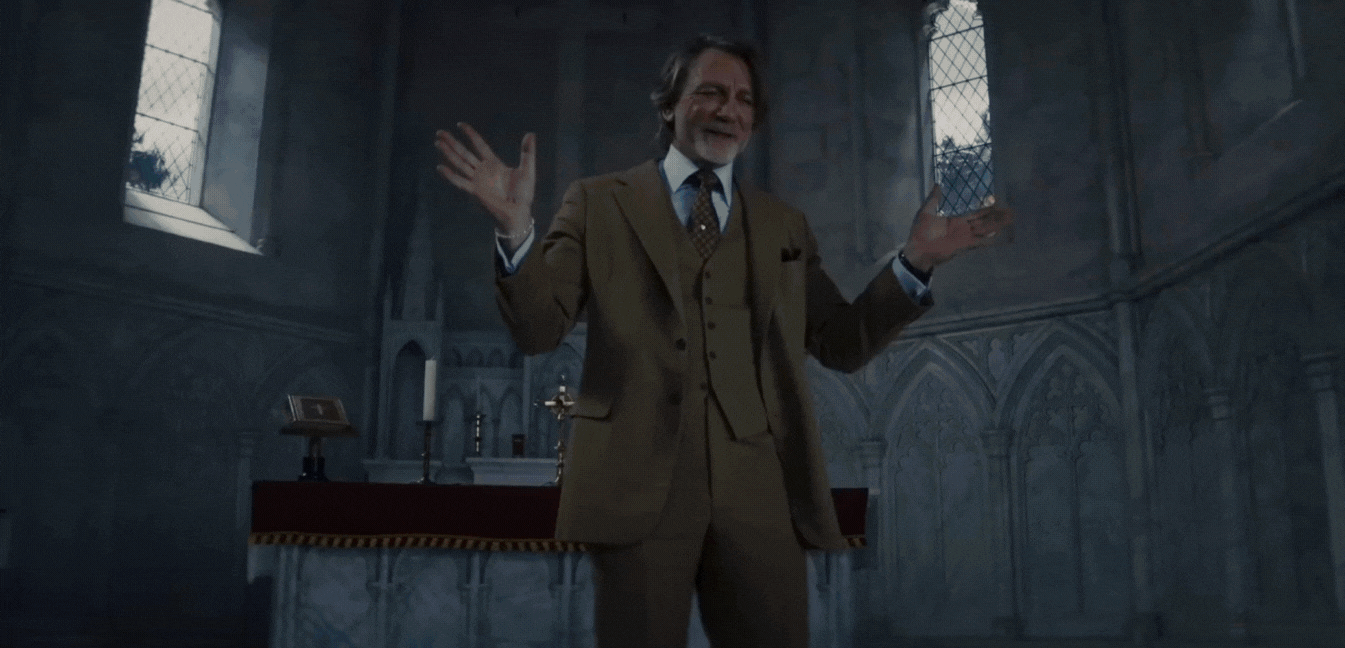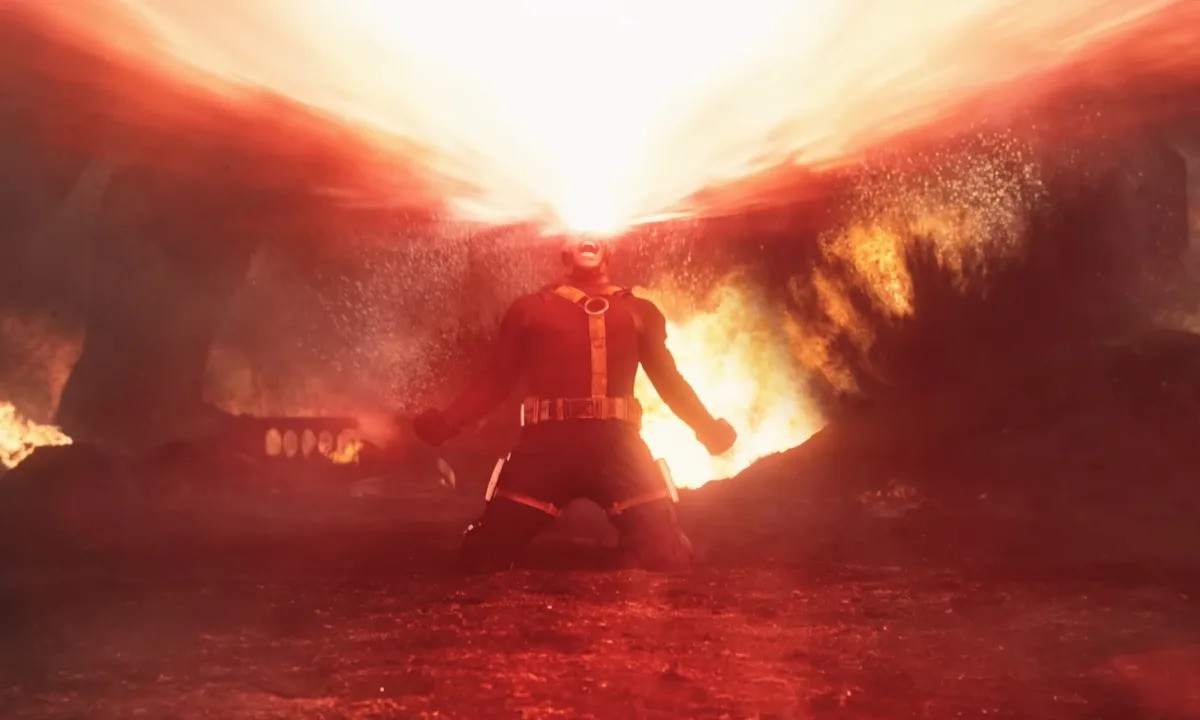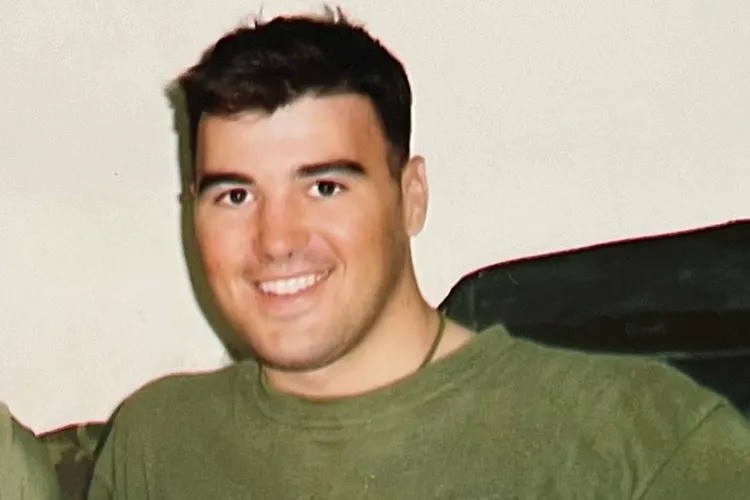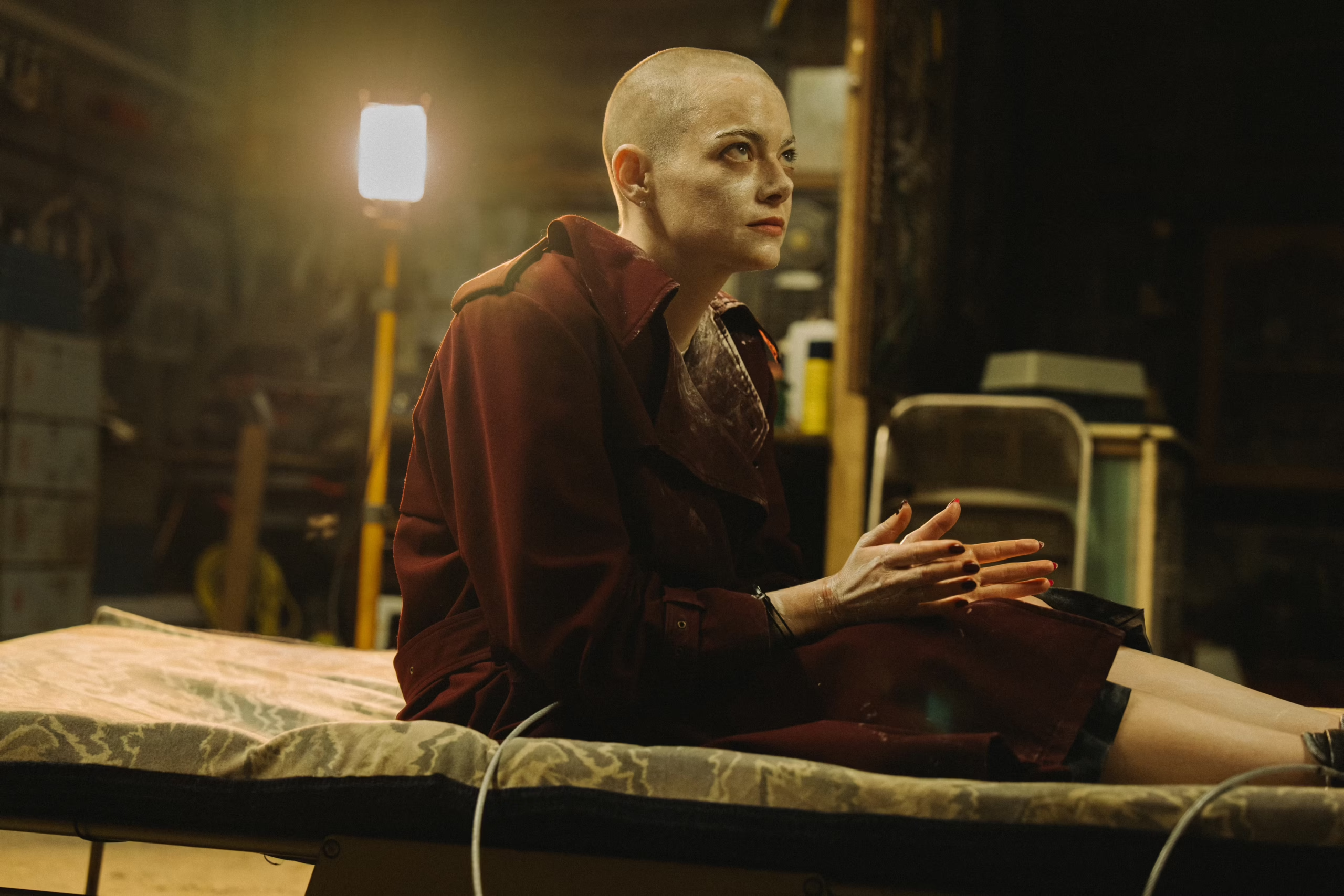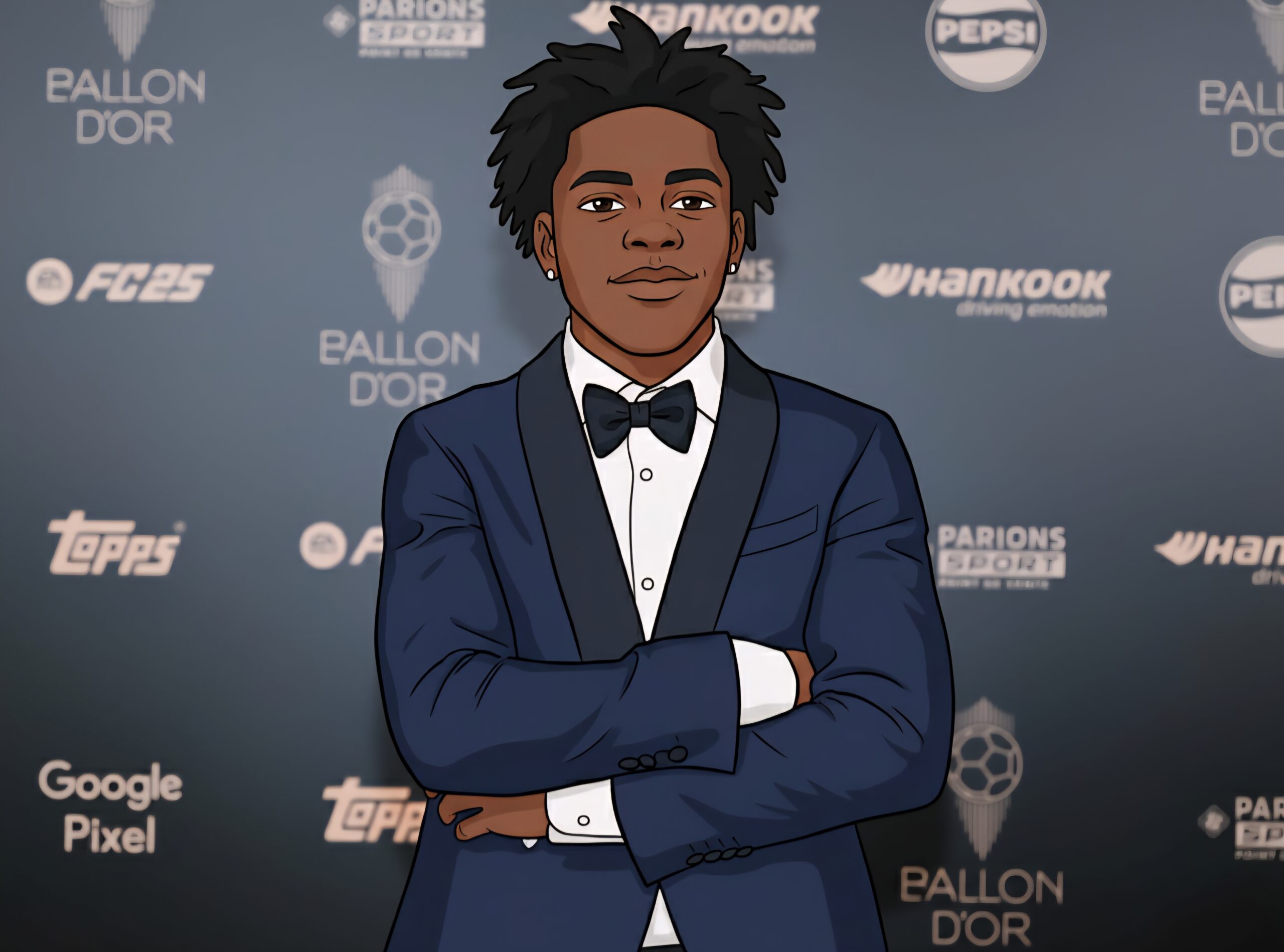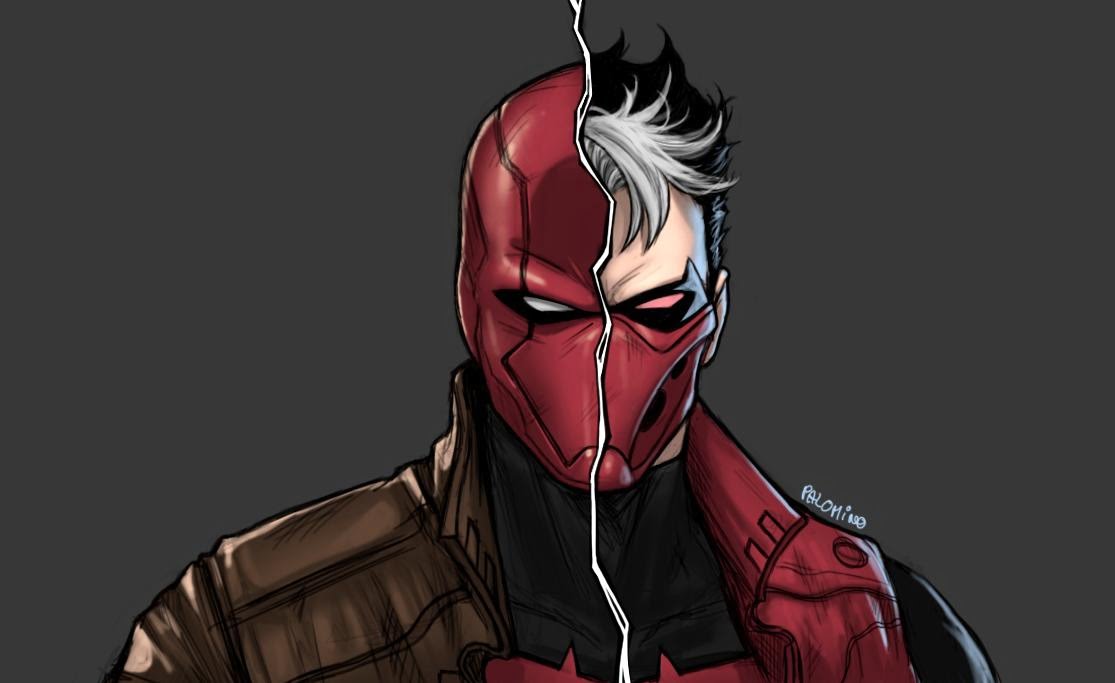There’s always been something fascinating about whodunits, the way they tease us with just enough meat on the bone to keep us reaching for more. I’ve often found myself caught up in the twists, almost like a mental exercise I never asked for but couldn’t resist. The genre thrives on smoke and mirrors, building an illusion of depth and substance, only to dazzle us with colorful fragments of personality shimmering on the surface. What makes it work, at least for me, is the act of untangling that intricate thread, a process far more satisfying than the answers we’re finally handed.
It’s always been a curious paradox for me as a writer, watching how Rian Johnson has built the Knives Out series into something larger than just a string of films. Each entry feels like a brilliant take on the murder mystery, yet also a platform where any issue lingering in his mind—from far-right trolls to vacuous billionaires, or even the Fandom Menace that haunted his Star Wars project, Last Jedi—can be pulled apart like ribbons. As a filmmaker, he leans on crackling, jaunty scripts, stuffed with joke-a-minute dialogue most of us can only dream of writing, and it’s this rhythm that keeps the saga feeling like an unprecedented delight. At times, it reminds me of a modern generation’s Agatha Christie, until the illusion shatters, leaving behind lip service about eating the rich and championing truth, no matter the cost.
When Glass Onion landed, it struck me as stylish but undeniably shallow, reflecting the very one-percenters it set out to skewer. Watching Daniel Craig return as Benoit Blanc, pausing for what felt like applause, I sensed the subject of Johnson’s sharp ire wasn’t just the wealthy but the way we consume junk food dressed up as class commentary. It all felt like chump change when compared to Wake Up Dead Man, the darkest and most ideologically heavy entry in the Knives Out saga, where the playful tricks finally gave way to something more urgent and lasting.
I still remember the glitzy trip to that sparkling Greek isle, when the franchise felt like it was riding high before taking a sudden pendulum swing back into a far more moody atmosphere with Wake Up Dead Man. Here, the tone leans into the gothic, touches of religious horror, and even giallo-inspired iconography, giving the murder mystery a texture that’s undeniably messier than earlier films, but never short on conviction. With a new scene-stealing partner carrying a twisty tale wrapped in a crisis of faith, it offers Benoit Blanc at his best, even when he’s on the back foot.
What struck me most was how organized religion suddenly became the next logical target for Johnson, wielding his sardonic pen in the Knives Out world after Glass Onion. The bitter fruits of a fractured Christian Ethnostate linger in the background, yet in Dead Man he excavates the rotted roots with sharper focus, turning satire into something more genuine than earlier entries. Watching Benoit, a proud heretic, wrestle in argument with a lapsed Christian felt like peering into an internal monologue, especially once Rev Jud Duplenticy — played by Josh O’Connor — stepped in as the former boxer trying to drag the church back from the brink. By the hand, he pulls us into an unsolvable case, the Good Friday Murder, as a character who refuses to fall into clownlike caricature and instead radiates earnest empathy.
When Craig stepped back as the familiar Southern detective, the film held off until the second act to fully bring him in, leaving O’Connor alone to arrange the pieces of a new puzzle. It felt like a bold departure from the earlier Knives Out and Glass Onion, where dysfunctional ensembles dominated the scene, and instead the reins of an otherwise unwieldy mystery were placed in the hands of a young priest. Jud, portrayed as both innocent and morally unwavering, carries those virtues into a setting at Lady of Perpetual Fortitude, a fading parish in Chimney Rock, NY, where the church faces shuttering doors. At the helm is pastor Jefferson Wicks, played by Josh Brolin, an antagonist straight out of a Johnson project, demanding the title of Monsignor rather than Father, spewing fire and brimstone sermons that come across as bigoted and unapologetically vainglorious.
The figure of Wicks stands out as a devout yet undeniably twisted leader, the son of a so-called harlot or whore who once desecrated the church in search of a fortune, and now spends his life condemning every trace of iniquity. His sermons play like a game of chicken with the congregation, forcing them to swallow his misogynistic and homophobic messaging or flee in search of a miracle. Those who don’t abandon the pews become the suspects at the heart of the Good Friday Murder: the loyal assistant Martha (Glen Close), weary groundskeeper Samson (Thomas Hayden Church), sharp lawyer Vera (Kerry Washington) with her adopted son, ambitious politician–influencer Cy (Daryl McCormack), the downbeat doctor Nat (Jeremy Renner), the paranoid writer Lee (Andrew Scott), and Simone (Cailee Spaeny), a cellist whose donations have kept the parish barely afloat.
At the heart of the story, Jud emerges as the ultimate outsider, easy to frame when suspicion starts to circle, until Benoit arrives in town with his impeccable suits and sharp eye for detail. A single conversation reveals that Jud’s devotion is not an act but something deeper, though it carries a dark undertone noticed by police chief Geraldine Scott (Mila Kunis). What fascinates me is the way Jud embraces his own version of Christ, even calling it a schtick, a line he repeats with both pride and irony, showing the thin border between faith, performance, and vulnerability.
In Wake Up Dead Man, the questions linger over whether Jud is truly innocent, yet his belief in the church as the salt and light of the world drives him into constant debate with Benoit. Their exchanges on the true role of faith and whether it can be restored give the story its weight, especially as they labor to solve the Good Friday Murder with all its twists and turns. Alongside Benoit’s own practice, the crusade becomes a battle of triumph and truth, set against sharp condemnations that sometimes strike a chord, other times ring hollow. Through this tension, themes of hypocrisy, justice, and the wicked blur into one uneasy line, forcing us to measure intentions against delusions, grandeur, and the depth of conviction in the face of evil.
What fascinates me is how Johnson, always eager to wrestle with a tangledknot, eventually finds a commonthread running through WakeUpDeadMan. It becomes the meatiest and perhaps the bestKnivesOutentry, even if at times it bites off more than it can chew. Still, every aspect of the mystery feels carefully fleshed, shaped by his distinctive style and remarkable specificity, which makes it easy to praise him for once again delivering an infectiouschapter in a growing anthology.

